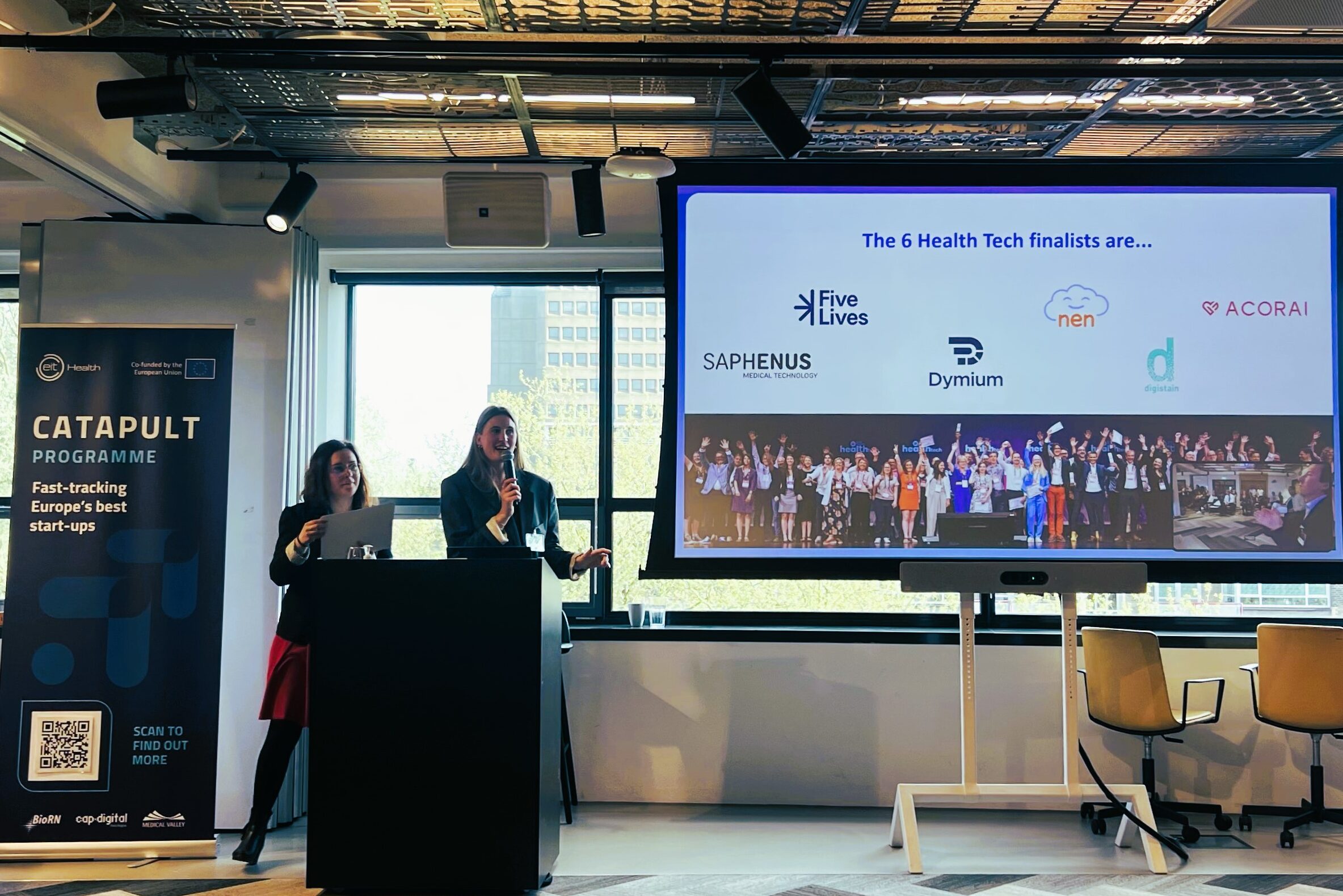22nd October 2020
“No, this is no Sci-Fi mumbo jumbo. This SF popular narrative is exactly what we are trying to push away”– this line could be heard over a cup of coffee in a lobby of Cezamat building on 15 September 2020 in Warsaw, where EIT Health Think Tank 2020 took place.
Key stakeholders from all over the health care landscape, including clinicians, academia, researchers and government administration, convened for seven roundtable discussions under one umbrella topic: Healthcare Workforce and Organisational Transformation with AI – Enacting Change.
The Warsaw Think Tank 2020 was a focused, matter-of-fact type of gathering. No media and publicity stunts, pure focus on issues at hand to find specific recommendations regarding easier and more effective implementation of AI in healthcare. The key stakeholders – representatives of academia, industry and governmental institutions – had no doubts about the “if”, listing the benefits that AI can bring to doctors, patients and the whole healthcare system.

“There are a range of misconceptions concerning AI, especially in health care. More often than we would like to see, this topic is portrayed in a misleading way, with, for example, autonomous machine diagnostics and decision making. This, along with certain shortcomings in technology and AI-related education, may result in resistance to AI adoption in healthcare. And this is just one example of an issue that needs to be discussed to get all stakeholders on the same page.
Before we start to preach AI in healthcare, we need to have a clear picture of what needs to be done and what challenges need to be faced and how to tackle them. AI can transform the way we diagnose and treat patients or deliver therapies, but it needs to be implemented in a safe and reasonable way,” said Mikołaj Gurdała, EIT Health InnoStars Manager.
The EIT Health 2020 Think Tank topic was selected to build on the joint report between EIT Health and McKinsey & Company “Transforming healthcare with AI: the impact on the workforce and organisations”, which was published in March 2020.
With AI in healthcare being a fast-moving field, the report provides a unique vantage point from the frontline of healthcare delivery and innovation today. However, the strategic overview and conclusions need to be translated into tactical, on-the-ground solutions and action plans.
This is exactly the aim of Think Tank meeting in Warsaw. By design, it was a focused, matter-of-fact and get-the-job-done type of event. The event kick-started with a panel discussion on “Medicine of the future. Is Poland’s healthcare ready for AI?” which helped to set the tone for working sessions, which focused on:
• validation of relevant barriers and enablers as indicated in the report for the successful adoption of AI at the Member State level, whilst also identifying similarities and differences between regions;
• improvement of “on the ground” impact of AI;
• regulation, funding and reimbursement;
• strengthening data quality, liability and managing risk;
• driving acceptance and utility of AI in healthcare.
For each area of focus, a detailed set of recommended next actions, along with responsible stakeholders, was produced. One of the key issues, appearing in each and every session, was education and familiarization of technology and AI, starting from the general public to healthcare practitioners.
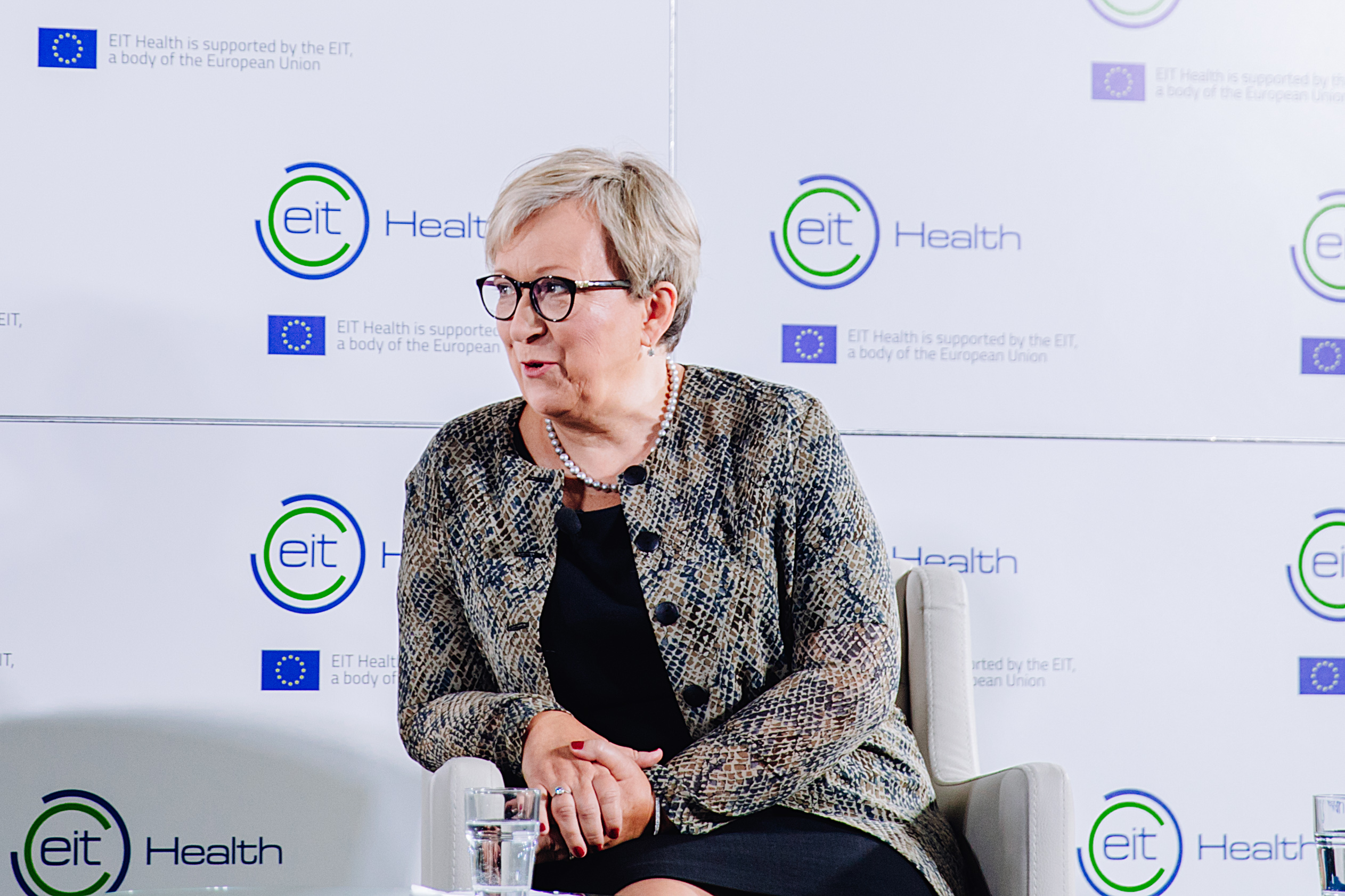
“Artificial intelligence is a tool. To use it, we need to have people prepared for that. Without proper knowledge and conscience of end-users the technology will not be successful,” said Prof. Lucyna Woźniak, PhD, DSC, Vice-Rector for Research and International Relations, Medical University of Łódź, EIT Health Partner. Prof. Woźniak made sure that practical recommendations were made in the area of education.
The recommendations mentioned: inclusion of AI in medical universities curriculum and education of all groups involved in the implementation and usage of AI in healthcare. Stakeholders responsible for these areas were: Polish universities, the Ministry of Education, Łukasiewicz Research Network and the Ministry of Health.
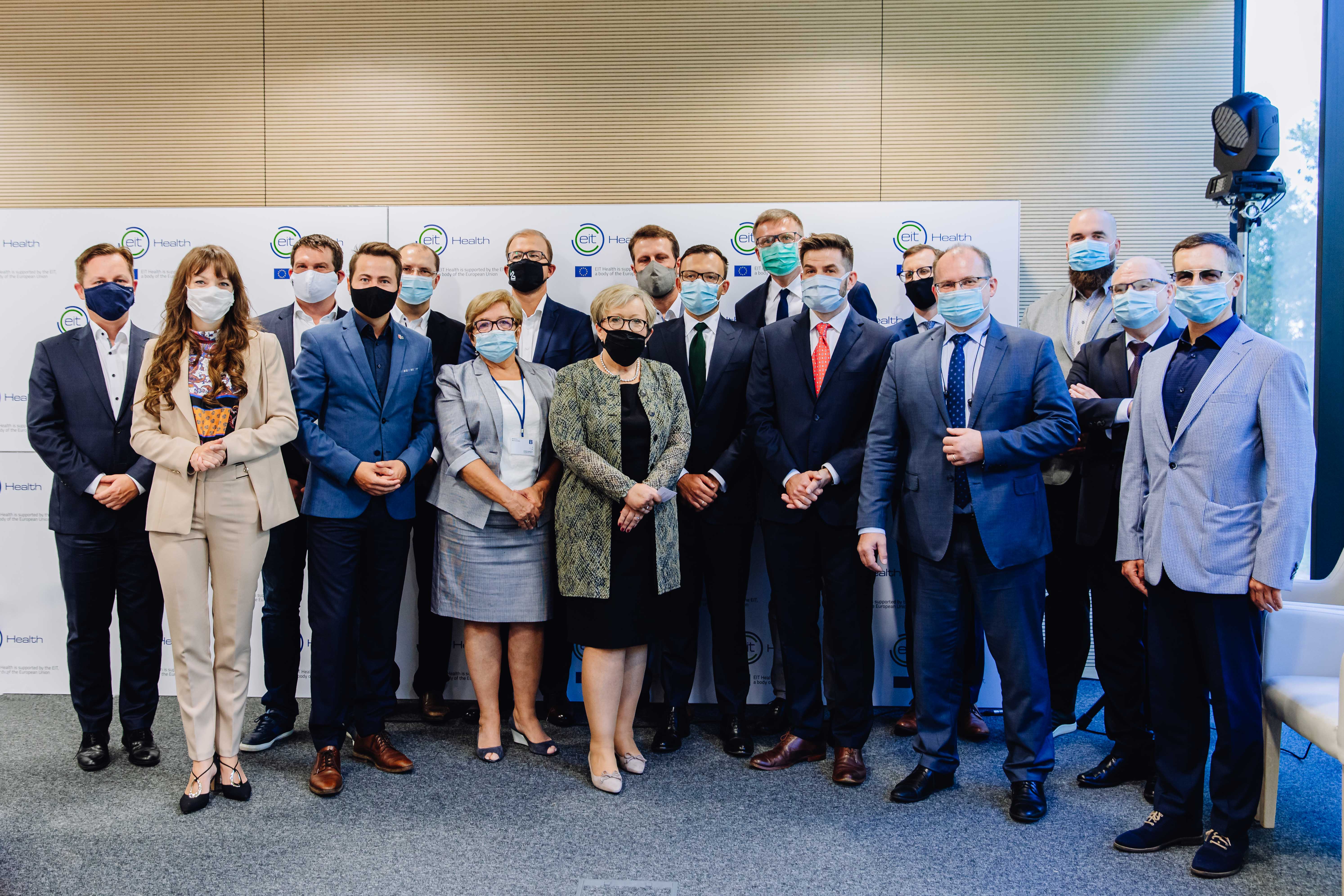
Prof. Woźniak underlined that education related to AI and technology needs to start as early as possible so that high school graduates starting university education possess at least a basic understanding of AI and algorithm fundamentals. “This foundation will allow us to further educate them in specialized areas of AI, including healthcare,” she added.
Besides education and skills, other areas of interest, for which recommendations were made, included:
• regulation and policy-making;
• funding and reimbursement;
• strengthening data quality, governance, security and interoperability;
• liability and risk management.
The EIT Health Think Tank Meeting in Warsaw was wrapped in a proceedings report. It will, along with proceedings from other Think Tank meetings, be distilled into a single, comprehensive white paper, and submitted to European Commission and European Institute of Innovation & Technology (EIT). If you wish to learn more about EIT Think Tank 2020, please follow this link to a YouTube video.
Join the heartbeat of healthtech in Munich this June
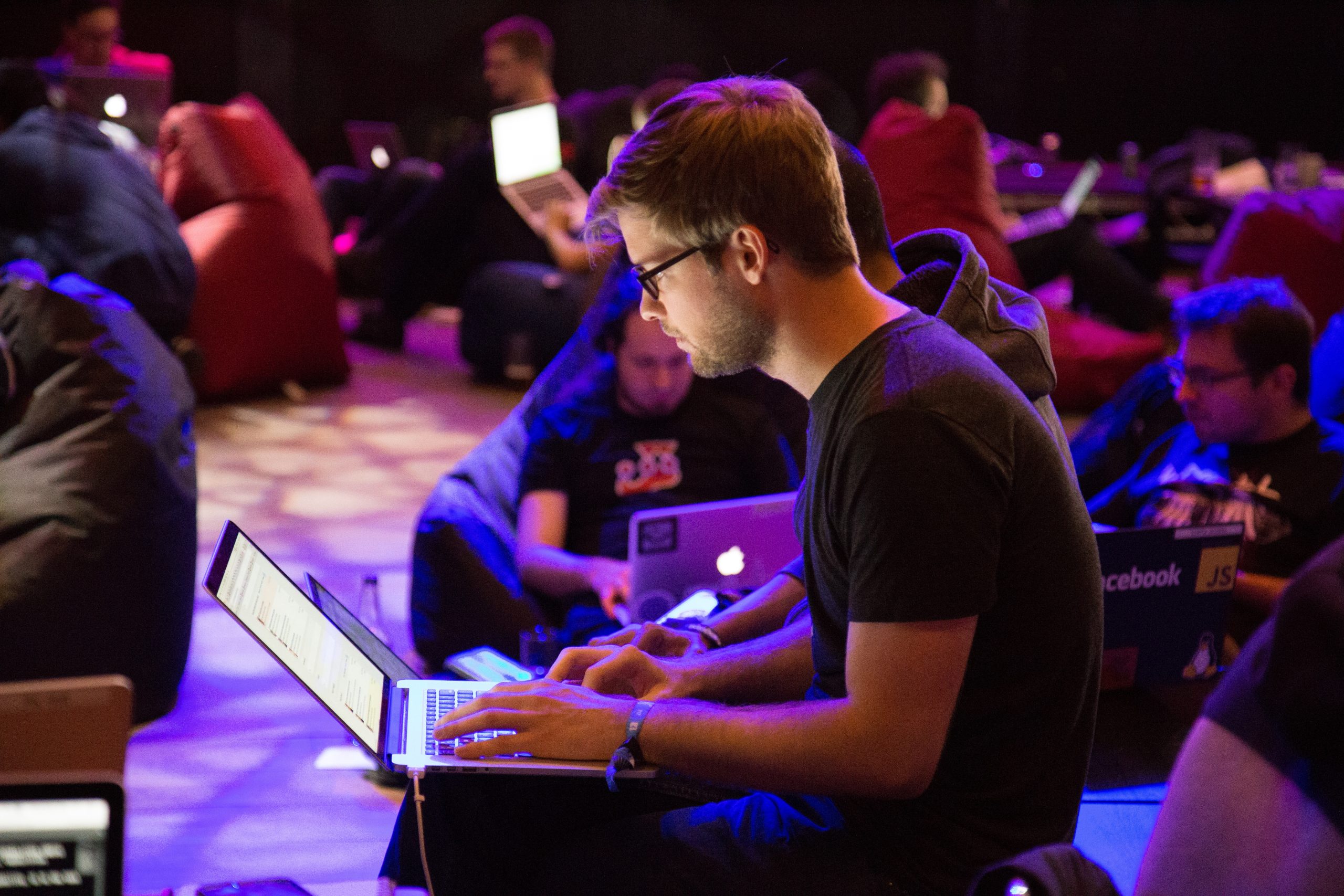
Discover the third annual health.tech conference.
Health experts make recommendations on EHDS implementation
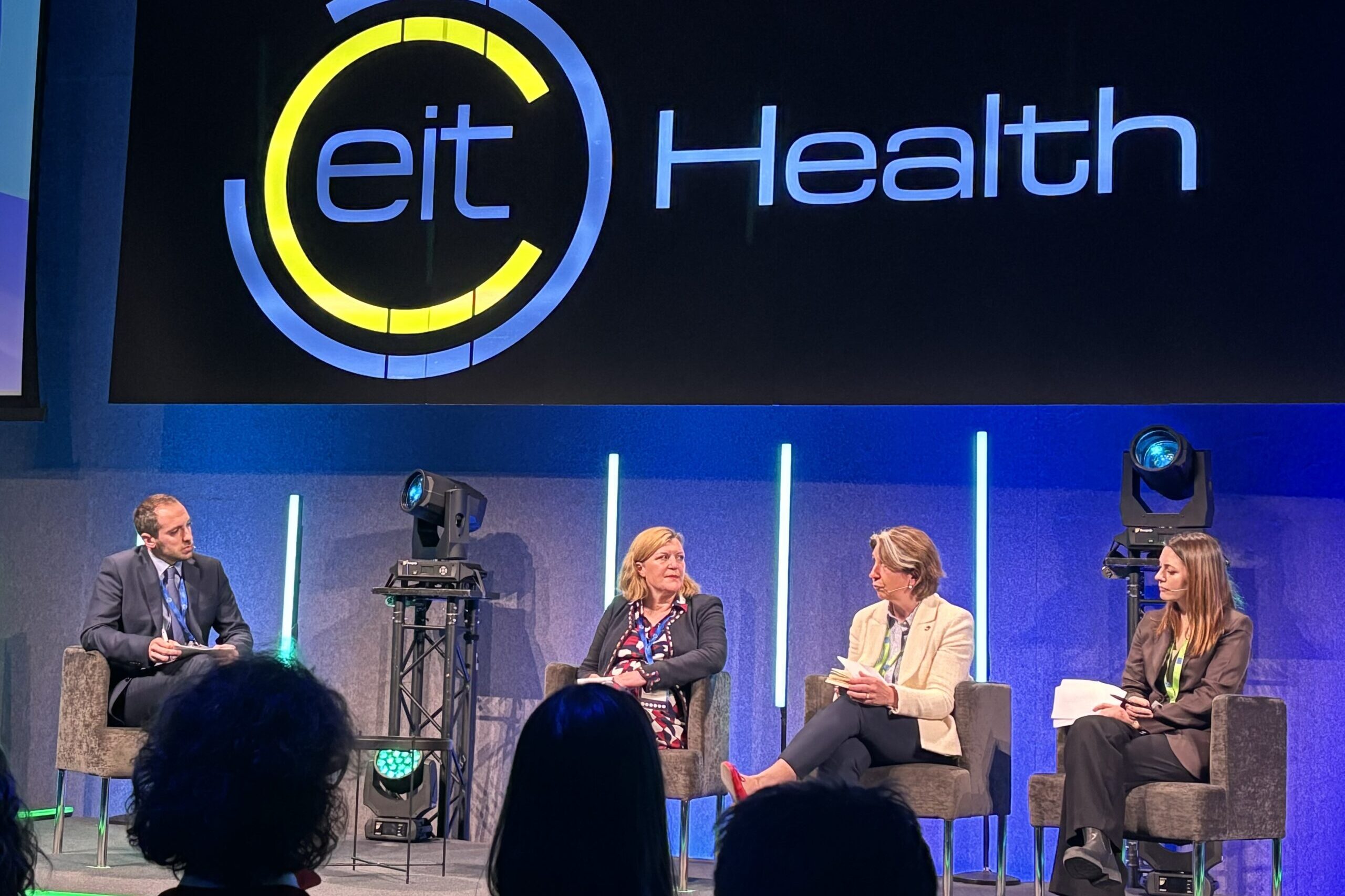
Discover our new Think Tank report.
